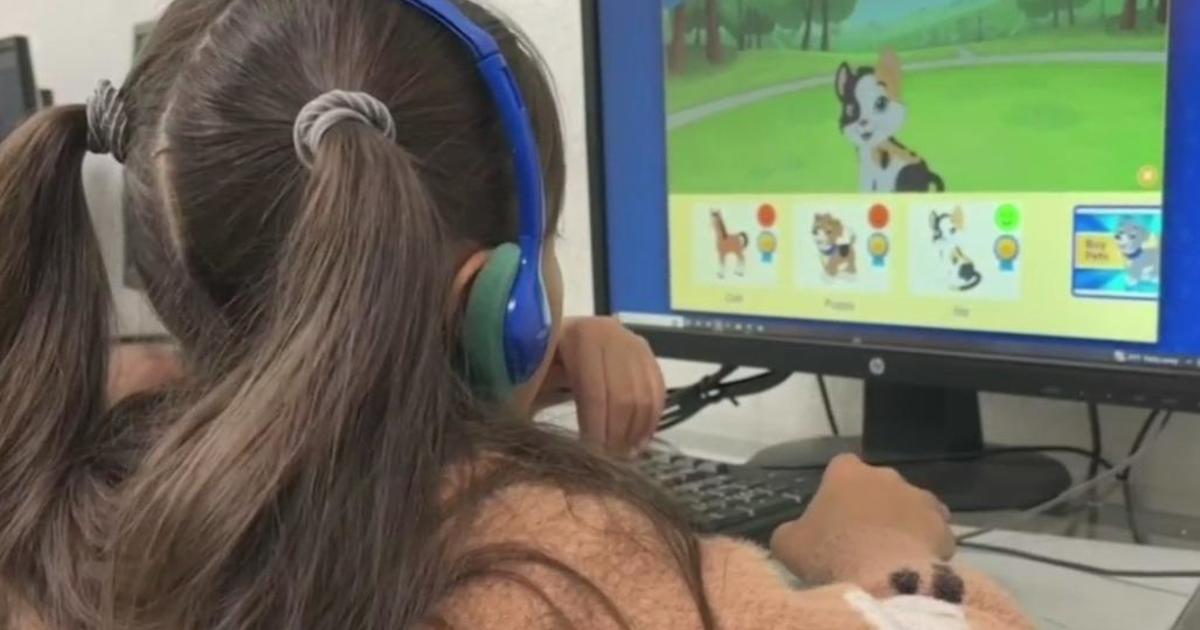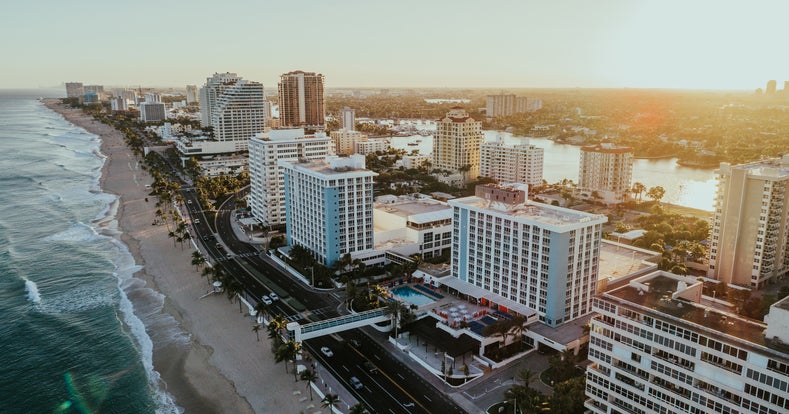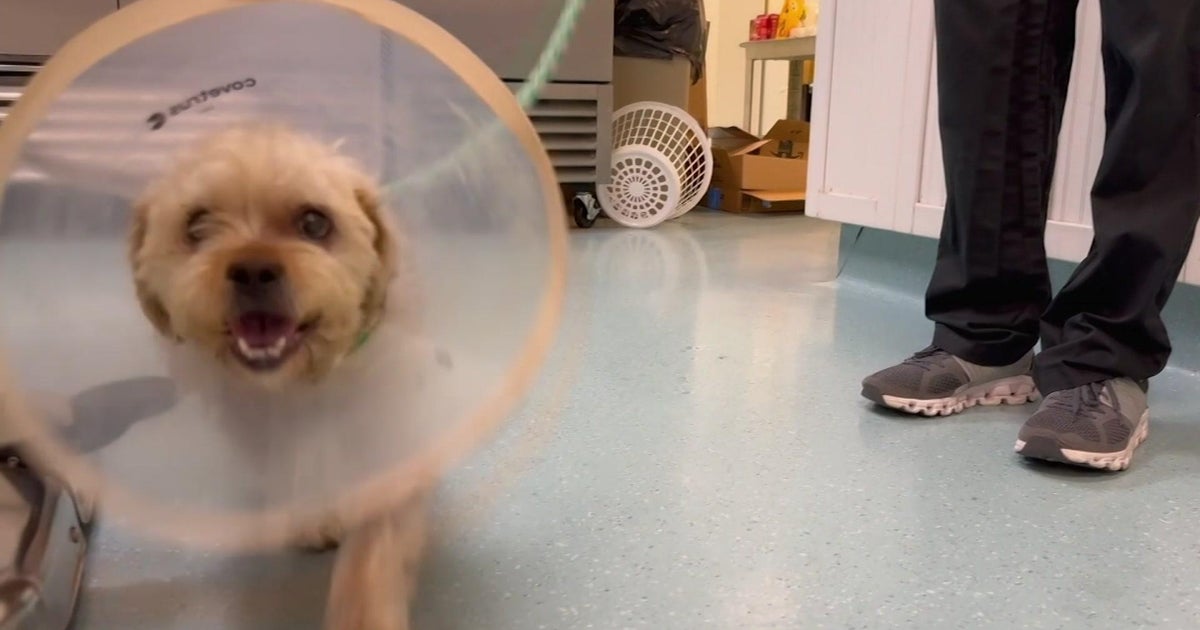A Blue Light Warning For The Sleep Deprived
MIAMI (CBS4) - Mommy blogger Titania Jordan tosses and turns for hours each night, and she thinks she knows why.
"From about 7 PM 'til midnight, I am in front of a screen. I'm on the computer, I'm on my mobile device," said Jordan.
Titania is on to something. Researchers, including Harvard University's Dr. Steven Lockley, have long known that light suppresses melatonin, a hormone that helps regulate sleep.
But nowadays, we're flooding with light, long after the sun sets, whether we're texting, emailing or catching up on TV.
Dr. Steven Lockley is the author of "Sleep: A Very Short Introduction. "It's a very unnatural thing for us to do, and so when we expose ourselves to light at night, we tell the brain that it's daytime."
That makes it harder to catch some Z's and shifts our internal body clock or circadian rhythm.
The American Academy of Sleep Medicine has said it's important to raise a red flag about blue wave lengths... the kind emitted by energy-efficient light bulbs and electronic gadgets.
"We know that blue light has the greatest propensity to alter circadian rhythms, and yet now-a-days it seems that blue is the color du jour," said Dr. Nathaniel Watson of the American Academy of Sleep Medicine.
According to a poll conducted by the National Sleep Foundation Sleep in America in 2011.. 95% of Americans use electronics a few nights a week within an hour before bed.
Dr. Lockley says even dim light can be problematic. "We've done a number of studies to show that light levels that you would be normally exposed to in the home in the evening, for example from a bedside lamp, are very easily capable of shifting the body clock."
And research has shown our health may be at risk. Studies have linked blue light and poor sleep to depression, diabetes, obesity and cardiovascular problems. Also, "Shift workers have been found to have about a 50% to 60% increased risk of cancer, particularly breast cancer in women and prostate cancer in men," said Lockley.
What's a gadget addict to do? Have a regular bedtime routine. Sleep in a cool, dark room. And, most importantly, power down early... ideally two to three hours before bed.
"If you must have screen time before going to bed then limiting the amount of light that's emitted from the screen would be helpful, so you can turn down the brightness," explained Dr. Nathaniel Watson with the American Academy of Sleep Medicine.
Titania cut back on screen time, and she says the results were eye-opening.
"It was fabulous! I didn't go to sleep right away, but I found myself feeling much more relaxed," said Jordan.
Exposing yourself to lots of bright light during the day can also help. Dr. Lockley explained how it keeps you alert and helps your body clock reset each night.



